Crypto Security Tips to Protect Your Investments
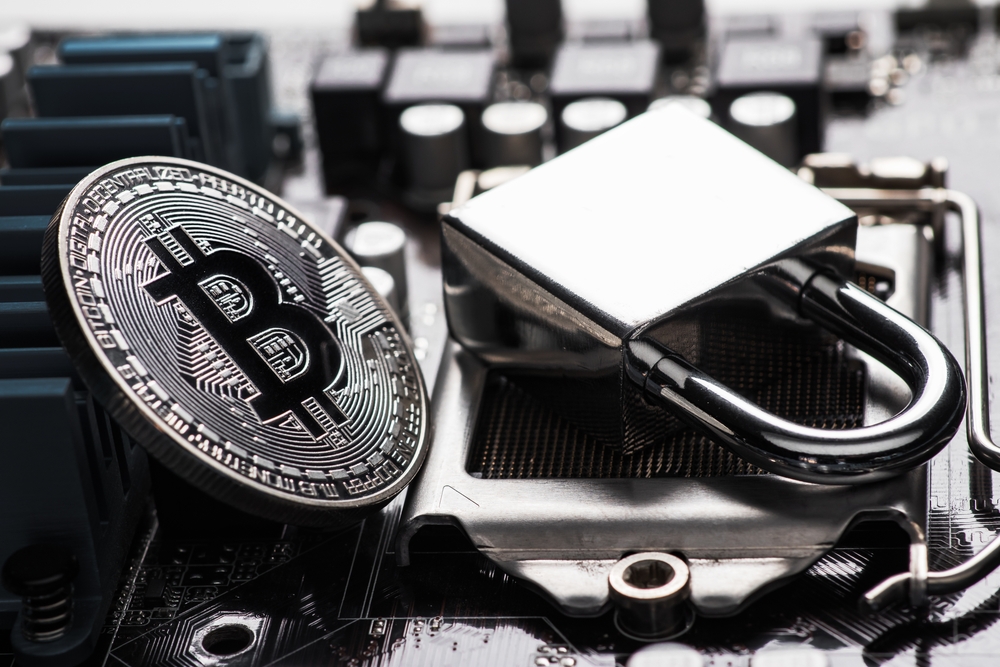
Ever find yourself glancing at your crypto wallet balance and feeling a pang of anxiety? I certainly have. In this fast-paced digital age, the value of cryptocurrencies can skyrocket—and so can the risks associated with them. If you’ve ever wondered whether your digital assets are truly secure, you’re not alone. Let’s tackle this concern head-on and explore practical steps to protect your investments.
The Hidden Risks in the Crypto World
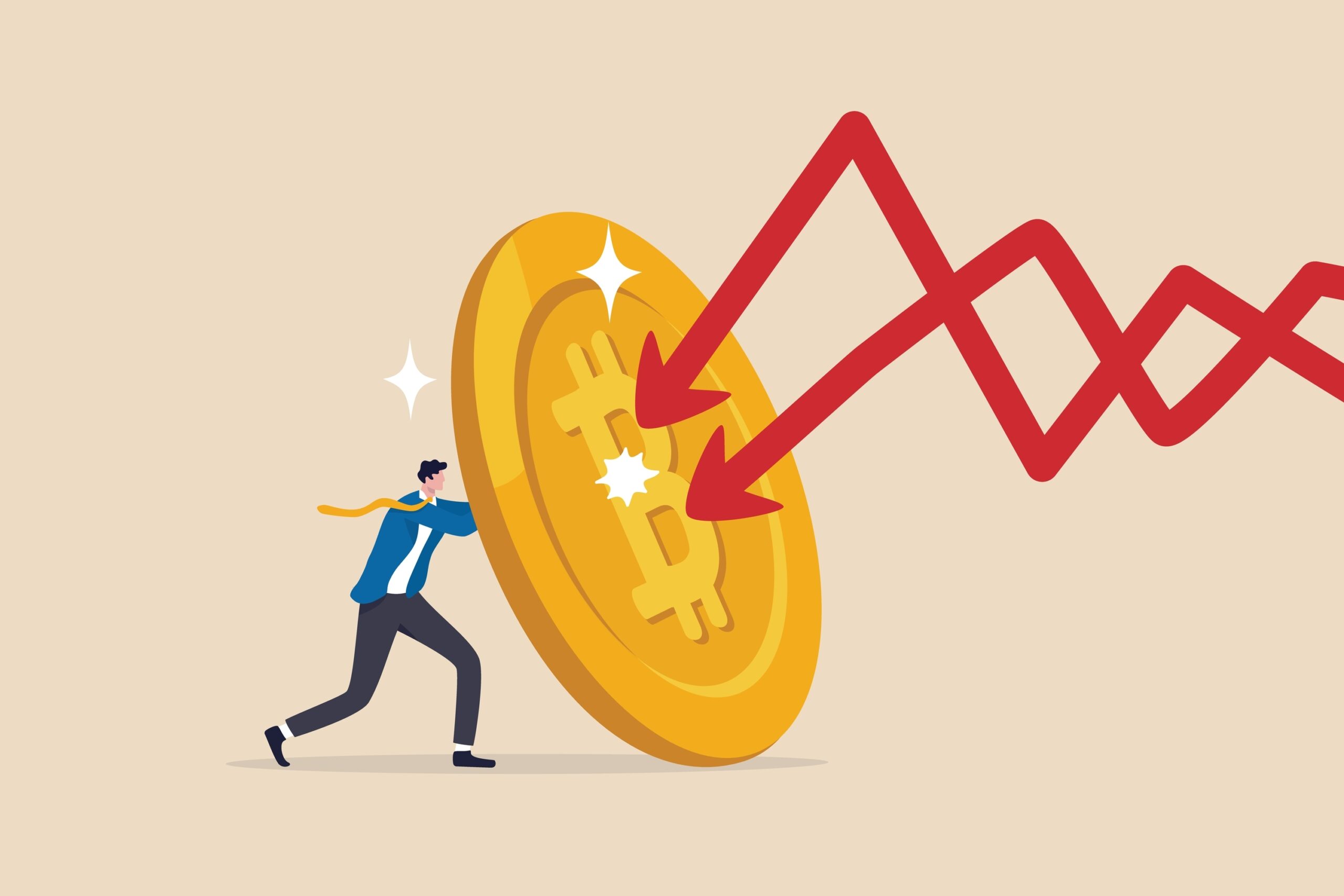
The crypto landscape is exhilarating but also fraught with unseen dangers. Cybercriminals are constantly evolving their tactics, making the crypto community a prime target. From cunning phishing scams that mimic legitimate services to sophisticated hacking attacks on exchanges, the threats are both real and increasing. Imagine waking up to find your wallet emptied overnight—not a pleasant thought, right?
You’re Not Alone: Common Vulnerabilities
It’s easy to think that security breaches only happen to others, but many of us unknowingly leave doors open for attackers. For instance, reusing the same password across multiple platforms might seem convenient, but it can be a recipe for disaster. Did you know that in 2020, over 500,000 Zoom accounts were compromised due to reused passwords? That’s not even directly related to crypto, yet it can have cascading effects on your entire digital presence.
Another common oversight is neglecting software updates. Those pesky update notifications might pop up at inconvenient times, but they’re crucial. Updates often include patches for security vulnerabilities that have been discovered. Ignoring them is like leaving a window unlocked with a sign saying, “Welcome, hackers!”
Taking Control: The Path to Secure Investments
The silver lining is that you have the power to safeguard your assets. By taking proactive measures, you can stay a step ahead of potential threats. Simple actions—like enabling two-factor authentication or using a hardware wallet—can make a substantial difference. Remember the saying, “An ounce of prevention is worth a pound of cure“? It couldn’t be more true in the crypto world.
Curious about the most effective strategies to secure your crypto? Ready to transform that lingering anxiety into confidence? In the next section, we’ll explore specific threats and how to combat them. Stay tuned!
Understanding Common Crypto Threats
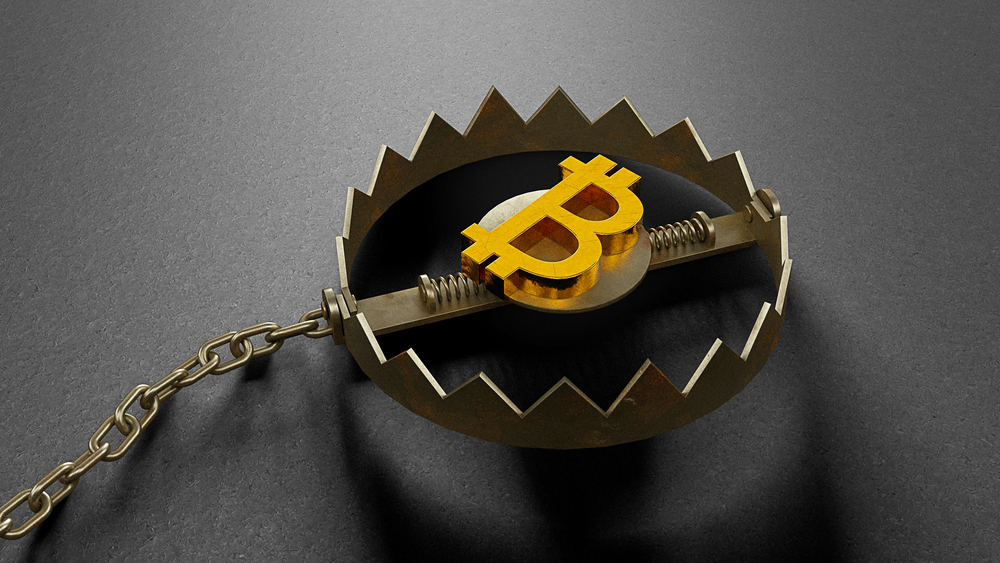
Before we can protect ourselves, we need to know what we’re up against.
Phishing Scams: Don’t Take the Bait
Phishing attacks are more sophisticated than ever. Just the other day, a friend reached out to me, panicked about an email they received. It looked exactly like it came from their crypto exchange, complete with logos and official language. The email claimed there was unusual activity on their account and urged them to click a link to secure it.
Thankfully, they hesitated. Had they clicked that link, they might have given hackers access to their entire portfolio. Phishing scams prey on our fears and urgency. According to a report by the Anti-Phishing Working Group, over 7 million phishing emails are sent daily, many targeting crypto users.
Remember, legitimate companies will never ask for your password or private keys via email. Always double-check sender addresses and be wary of unsolicited messages. Trust your instincts—if something feels off, it probably is.
Malware and Keyloggers: Invisible Enemies
Malicious software can be lurking where you least expect it. Malware and keyloggers hide in seemingly harmless downloads, ready to capture your keystrokes and access your accounts. I once heard about an investor who downloaded a fake crypto wallet app from an unofficial source. Within days, their funds were siphoned off without a trace.
These threats are like ghosts—unseen but potentially devastating. The Cybersecurity and Infrastructure Security Agency reports that malware attacks have increased by 358% in recent years, with many targeting crypto holders.
To protect yourself, keep your devices updated and install reliable antivirus software. Be cautious about the websites you visit and the files you download. It’s better to miss out on a dubious app than to risk your entire investment.
Exchange Hacks: The Risks of Centralized Platforms
Centralized exchanges offer convenience, but they can be a double-edged sword. History has shown us the dangers—remember the Mt. Gox disaster in 2014? Over 850,000 Bitcoins were stolen, leading to a massive loss for countless investors.
More recently, in 2020, the KuCoin exchange was hacked, resulting in over $280 million worth of cryptocurrencies being stolen. These incidents aren’t just statistics; they’re real people losing hard-earned assets.
When you store your crypto on an exchange, you’re entrusting your funds to a third party. If that platform is compromised, your investments could vanish overnight. It’s a harrowing thought, but an important one to consider.
Understanding these risks is the first step toward safeguarding your digital wealth.
“Security is not a product, but a process.” – Bruce Schneier
Feeling concerned about these threats? Don’t worry—there are effective strategies to protect yourself. In fact, the most powerful tools are already at your fingertips. Ready to explore how you can fortify your defenses?
Essential Crypto Security Measures
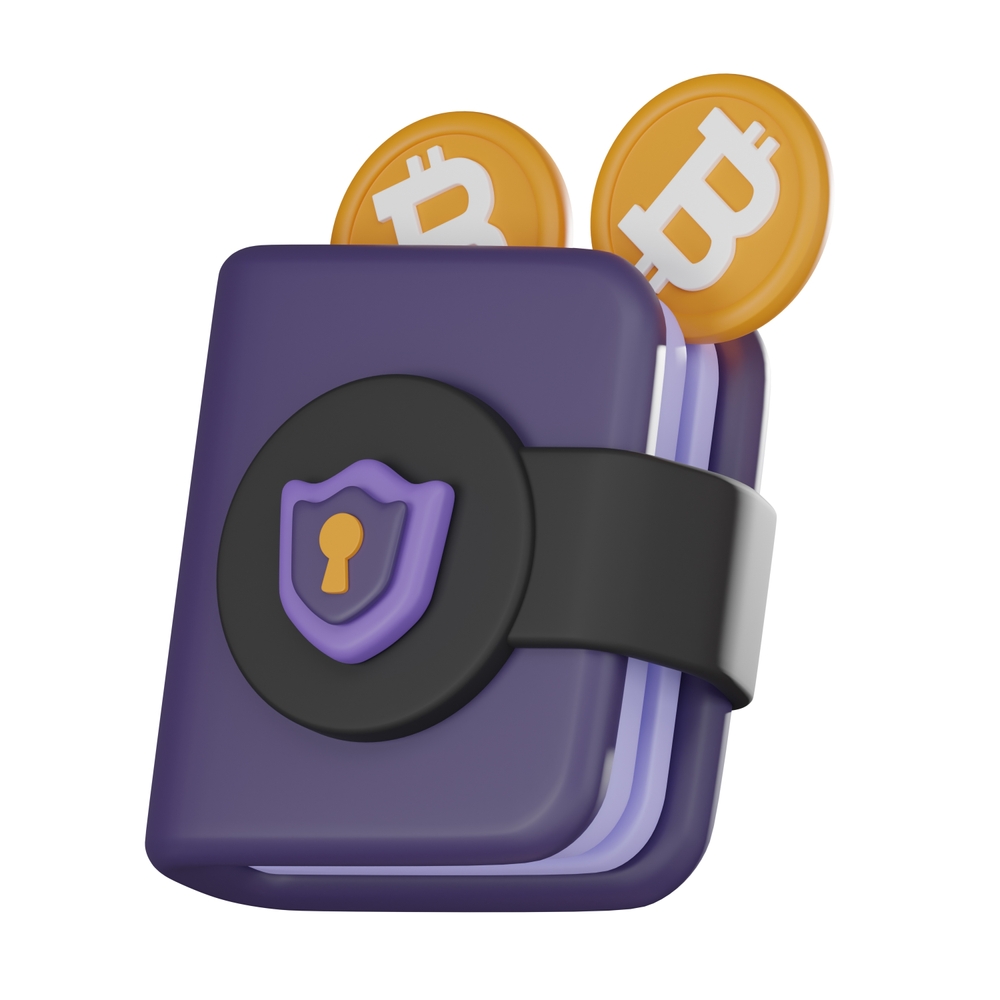
Now, let’s talk about actionable steps to secure your assets.
Use Hardware Wallets for Maximum Security
One of the best decisions I’ve made was investing in a hardware wallet. Hardware wallets store your private keys offline, keeping them out of reach from online threats. It’s like having a personal vault for your digital wealth.
Back in 2018, a friend of mine lost a significant amount of crypto when his online wallet was hacked. If only he had used a hardware wallet, things might have turned out differently. Brands like Ledger and Trezor are popular choices that offer top-notch security. They’re user-friendly and set up is a breeze.
When you use a hardware wallet, you’re taking a big step in protecting your investments. It’s a small price to pay for peace of mind.
Enable Two-Factor Authentication Everywhere
I’ve made it a habit to enable two-factor authentication (2FA) on all my accounts. 2FA adds an extra step when logging in—usually a code sent to your phone or generated by an app. This means even if someone knows your password, they still can’t access your account without that second factor.
A while ago, there was a surge in SIM swapping attacks where hackers took over phone numbers to bypass 2FA sent via SMS. To stay safer, I recommend using authentication apps like Google Authenticator or Authy instead of text messages.
Setting up 2FA might take a few extra seconds when logging in, but it’s well worth the added security.
Secure Your Private Keys Like Gold
Your private keys are the gateway to your crypto. If someone else gets hold of them, they have full access to your funds. It’s that simple—and that scary.
“Security is not a product, but a process.” – Bruce Schneier
I treat my private keys with the utmost care. I never store them digitally or take screenshots. Instead, I write them down on paper and keep copies in secure locations. Some folks even engrave them on metal plates for extra durability.
Remember, if you lose your private keys or they get stolen, there’s usually no way to recover your assets. Guard them carefully.
Keep Your Software Up to Date
Keeping all my devices and software up to date is something I take seriously. Updates often include security patches that fix known vulnerabilities. Ignoring them can leave you exposed to malware and hacking attempts.
In 2017, the WannaCry ransomware exploited outdated software, affecting computers worldwide. Many of those infections could have been prevented with timely updates.
Enable automatic updates whenever possible, and regularly check for updates on your crypto wallets, antivirus programs, and operating systems. It’s a simple step that adds a strong layer of security.
By taking these measures, you’re building a solid defense around your investments. But did you know your online habits play a crucial role too? Let’s check out how tweaking some everyday actions can further protect your crypto.
Best Practices for Online Security
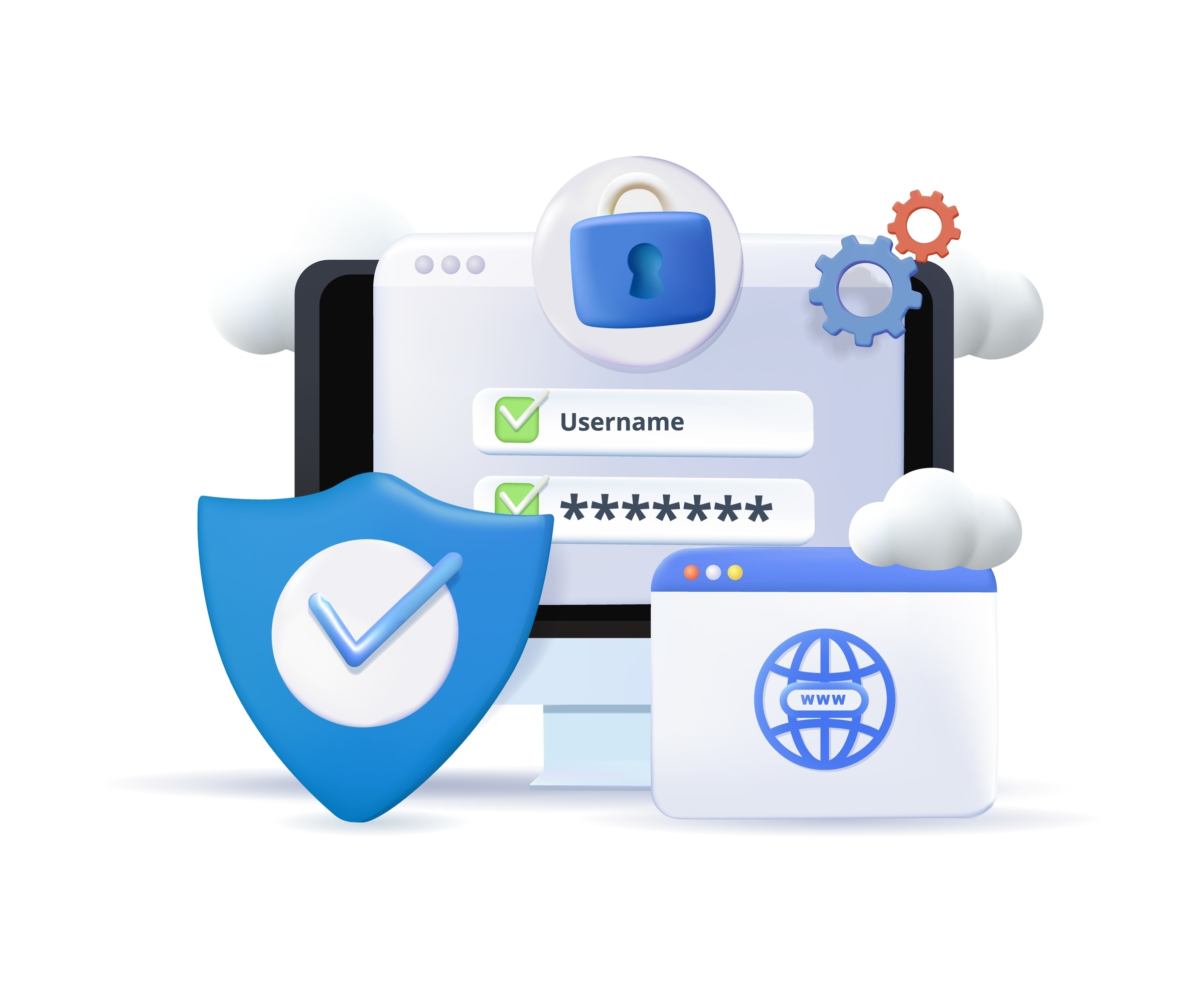
Your online habits can make or break your crypto security.
Create Strong, Unique Passwords
Imagine waking up to find your crypto wallet drained because someone guessed your password. It’s a nightmare scenario, but it’s preventable. Crafting strong, unique passwords is your first line of defense.
Here’s how I approach it:
- Go beyond obvious choices: Avoid using common words, birthdays, or “123456”. Hackers crack these in seconds.
- Mix it up: Combine uppercase and lowercase letters, numbers, and special characters.
- Length matters: Aim for at least 12 characters. Longer passwords are exponentially harder to break.
- Use passphrases: Think of a memorable sentence and use the initials, numbers, and symbols—for example, “I love coffee at 7am!” becomes “Ilc@7am!”
Remember, reusing passwords is risky. If one account gets compromised, others could follow. Consider using a reputable password manager to keep track without hassle.
Beware of Public Wi-Fi
Sitting at a café, sipping coffee, and checking your crypto portfolio might seem harmless. But public Wi-Fi is a hotbed for cybercriminals. These networks are often unsecured, making it easy for hackers to intercept your data.
A while back, a friend of mine accessed his exchange account on airport Wi-Fi. Days later, unauthorized transactions appeared. It was a harsh lesson on the dangers of public networks.
To stay safe:
- Avoid sensitive activities: Don’t log into wallets or exchanges on public Wi-Fi.
- Use your mobile data: It’s more secure than open networks.
- Forget the network: Disable automatic connections to public Wi-Fi.
Your privacy is priceless. Treat it that way.
Use Secure Networks and VPNs
When you need to access your accounts on the go, a Virtual Private Network (VPN) is a game-changer. VPNs encrypt your internet connection, shielding your activities from prying eyes.
I never access my crypto accounts without a VPN when I’m away from home. It adds a robust layer of security that gives me peace of mind.
Here’s what to look for in a VPN:
- Strong encryption: Ensure it uses top-tier encryption standards.
- No-log policy: The VPN shouldn’t keep records of your activity.
- Reputable provider: Stick with well-known, trusted companies.
Investing in a reliable VPN is a small price to pay for protecting your digital wealth.
“Security is not a product, but a process.” – Bruce Schneier
Taking these steps can significantly reduce your risk. But are there other vulnerabilities you might be overlooking?
Stay Ahead by Educating Yourself

“An investment in knowledge pays the best interest.” – Benjamin Franklin.
I’ve found that in the ever-evolving world of cryptocurrency, staying informed is your best defense against scams and security threats. Let’s explore how educating yourself can keep your digital assets safe.
Recognize Red Flags
Scammers are getting more sophisticated, but their schemes often share common traits. For instance, if you receive an unsolicited message promising guaranteed returns, that’s a big warning sign. I once almost fell for a phishing email that looked exactly like my exchange’s notifications, but a closer look revealed a misspelled domain name.
Here are some red flags to watch out for:
- Urgent Action Required: Messages pressuring you to act immediately.
- Too Good to Be True Offers: Promises of high returns with little to no risk.
- Unverified Sources: Emails or links from unknown senders.
- Personal Information Requests: Asking for your private keys or passwords.
By staying alert to these signals, you can avoid falling into common traps.
Stay Updated with the Latest Security News
Cryptocurrency security isn’t static; new threats emerge all the time. Keeping up with the latest news can give you a heads-up on potential dangers. For example, when the “ClipboardWalletHijacker” malware surfaced, many users were saved by timely warnings from security blogs.
Setting up news alerts or regularly checking these sites can keep you a step ahead.
Be Skeptical of Unrealistic Offers
We’ve all seen those ads or messages promising to “double your Bitcoin overnight.” It’s tempting, but remember that legitimate investments don’t offer instant riches. In 2020, a well-known Twitter hack targeted high-profile accounts, asking followers to send Bitcoin with the promise of sending back double. Many people lost funds because they let greed override caution.
To protect yourself:
- Question Unrealistic Returns: High rewards typically come with high risks.
- Verify the Source: Even if a message appears to come from someone you trust, confirm through official channels.
- Avoid Unsolicited Offers: Be wary of investments you didn’t seek out.
By maintaining a healthy skepticism, you can safeguard your assets from fraudulent schemes.
The crypto landscape can be a minefield, but arming yourself with knowledge makes navigation much safer. But what if you could bolster your defenses even further?
Trusted Resources for Enhanced Security

You don’t have to navigate the crypto security landscape all by yourself. When I first started, I felt overwhelmed by the sheer amount of information out there. Over time, I’ve gathered some gems that have truly helped me, and I believe they’ll be just as valuable to you.
Tools and Services to Help You
Beyond reading, utilizing the right tools can make a significant difference in your security setup:
- Antivirus Software: A reputable antivirus program acts as your first line of defense against malware and keyloggers. It’s essential for keeping your devices clean. Personally, I’ve had good experiences with software like Bitdefender and Norton.
- Secure Password Managers: Remembering strong, unique passwords for every account is tough. Password managers like LastPass or 1Password securely store your login information and can generate complex passwords for you.
- Trusted VPN Services: A virtual private network encrypts your internet connection, protecting your data from prying eyes, especially on public Wi-Fi. Services like ExpressVPN or NordVPN are reliable choices that I’ve found effective.
Implementing these resources has significantly bolstered my own security, and I can’t stress enough how much peace of mind they’ve given me.
But resources and tools are just part of the equation. Have you ever wondered what proactive steps you can take right now to fortify your crypto assets even further?
Taking Action: Protect Your Crypto Now
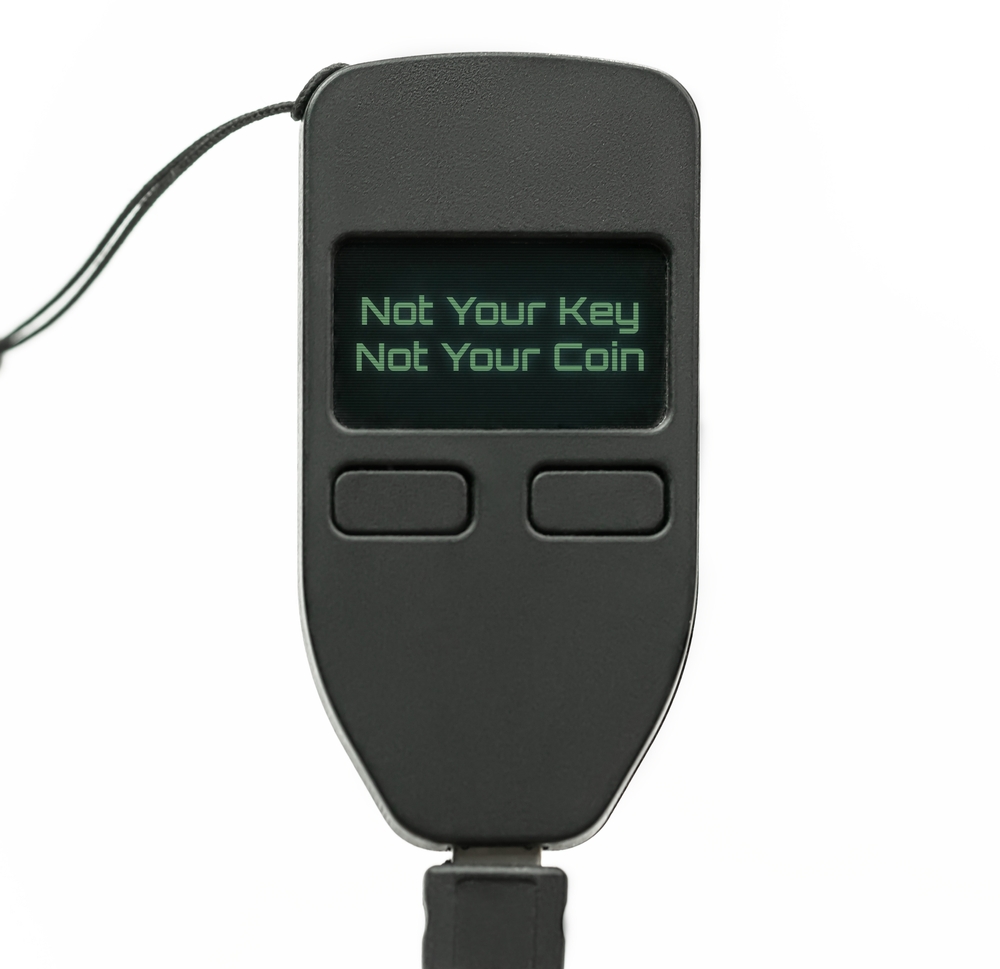
Alright, we’ve talked about the threats and the tools to combat them. Now, it’s time to put all this knowledge into action. Trust me, there’s no better time than now to bolster your crypto security.
Develop a Personal Security Plan
Creating a security plan tailored to your needs is like building a fortress around your assets. Start by taking inventory of all your crypto accounts, wallets, and devices. Ask yourself:
- Are my passwords strong and unique?
- Do I have two-factor authentication enabled across all platforms?
- Am I using a hardware wallet for significant holdings?
- Is my antivirus software up to date?
By addressing these questions, you’ll identify areas that need improvement. For instance, if you’re reusing passwords, consider a reputable password manager to generate and store complex passwords securely. According to a 2021 study by IBM Security, human error is a major contributing factor in 95% of cybersecurity breaches.[1] Let’s minimize those errors by planning ahead.
Stay Vigilant and Proactive
Security isn’t a one-and-done deal—it’s an ongoing process. Make it a habit to stay informed about the latest threats and security practices. For example, when news broke about the recent exchange security breach, those who kept up with the news were able to take swift action to protect their assets.
Set reminders to regularly update your software and review your security settings. Join crypto communities and forums where members share alerts about scams and hacks. Being proactive gives you the upper hand against cybercriminals.
Final Thoughts: Your Crypto, Your Responsibility
At the end of the day, you’re the first and last line of defense for your investments. While tools and tips can guide you, it’s up to you to implement them. Think of securing your crypto as an investment in peace of mind. By taking these steps, you’re not just protecting your assets—you’re taking control of your financial future.
I’ve been in the crypto space long enough to see that those who prioritize security are the ones who succeed in the long run. So let’s take this journey together. Strengthen your defenses, stay informed, and keep your digital wealth safe.
Ready to take action? Your crypto is counting on you.
References:
[1] IBM Security X-Force Threat Intelligence Index 2021: https://www.ibm.com/security/data-breach/threat-intelligence
